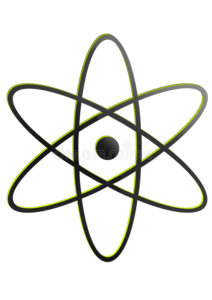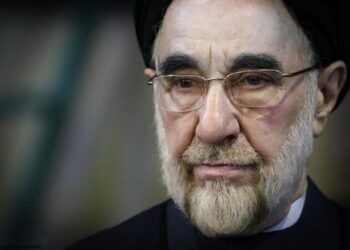December 29, 2017
Kazakhstan’s nuclear company, Kazatom-prom, has delayed its delivery of uranium to Iran as it is still seeking the permission of the Big Six world powers, Iranian med ia reported Sunday. It isn’t known what is causing the delay—but it could be the Trump Administration.
ia reported Sunday. It isn’t known what is causing the delay—but it could be the Trump Administration.
The delay underscores that Iran is dependent on uranium imports to keep its uranium enrichment program going as Iran has very little uranium itself.
Galymzhan Pirmatov, Kaz-atomprom’s chairman, was quoted by Tehran’s Financial Tribune as saying the delivery to Iran of uranium concentrate called yellowcake can be possible only after obtaining permission from the six countries involved in the nuclear deal—namely Britain, China, France, Russia, the United States and Germany.
Iran and Kazakhstan signed a contract for the supply of natural uranium concentrate to Iran in April 2016. Last February, the head of the Atomic Energy Organization of Iran (AEOI), Ali-Akbar Salehi, said the Islamic Republic had requested to buy 950 tons of concentrated uranium from Kazakhstan over the next three years.
Based on the deal, Kazatomprom first planned to begin delivery of uranium to Iran this year, but it was delayed due to the process of obtaining permission from the Big Six.
Kazatomprom has extended the contract with Iran till 2020, and its delivery of uranium to Iran has been rescheduled to the 2018-2020 period, if approved by the six powers, Pirmatov said.
Earlier this year, Russia shipped Iran about 130 tons of yellowcake. That was payment for tons of heavy water Iran exported to Russia last year, diplomats told The Associated Press.
The transfer was approved by the Big Six under the Obama Administration.
Tehran got a similar amount of natural uranium in 2015 as part of the negotiations leading up to the nuclear deal, in a swap for enriched uranium it sent to Russia.
Iran’s problem is that it has very little usable uranium ore. It has been dependent on imported ore ever since it began its nuclear program. In fact, most of the ore it has used to date was imported by the Shah from South Africa.
This dependency on imports undercuts Iran’s whole justification for its nuclear program. Iran has long said it needs nuclear reactors to generate electricity because its oil and gas reserves will soon run out and, without nuclear power, it would become dependent on oil and gas imports—a horrible development for a regime that believes in self-sufficiency and fears dependence on anyone for important imports.
But Iran’s oil and gas is not about to run out and Iran is already dependent on uranium imports to keep its small nuclear program going. Combining both oil and natural gas, Iran has a larger reserve supply than any other country in the world. In other words, every other country in the world can make a better justification than Iran for uranium enrichment to assure energy independence.














